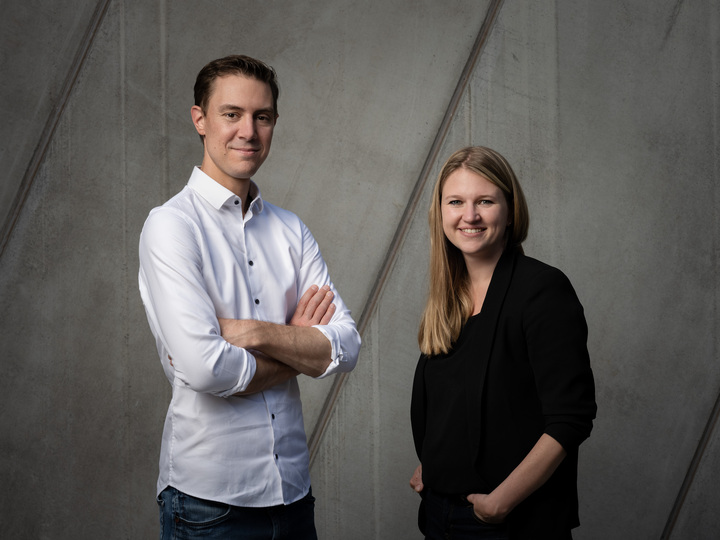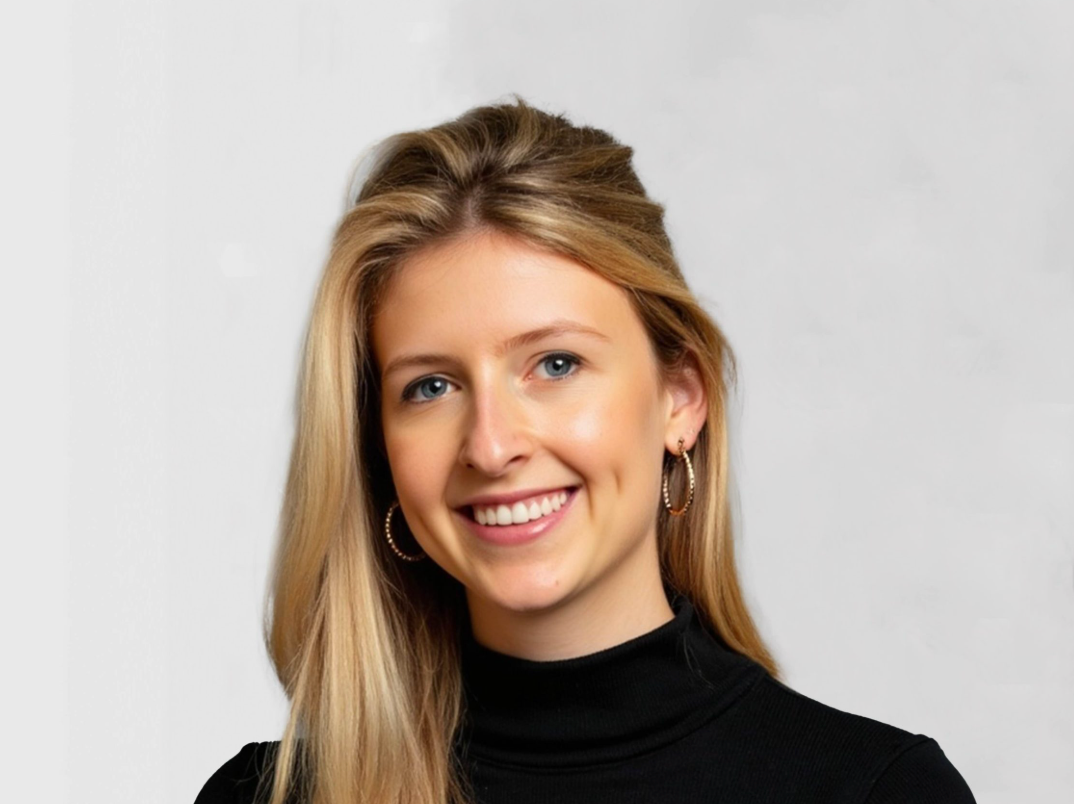Sweden’s impact foundation Norrsken has committed €300m to invest in European startups that use AI for impact through its different investment organisations: Norrsken VC, Norrsken Launcher, and Norrsken Accelerator.
The sum represents a majority of the nonprofit’s combined current funds, which have over $1bn under management. The capital will be invested in startups that aim to solve challenges in climate, health, food, education, and society with the help of artificial intelligence.
“AI has placed immense power at our fingertips. The question is what we choose to do with it. It can amplify our problems or help solve them,” says Niklas Adalberth, founder of Norrsken.
“Right now, most investment is chasing incremental productivity gains and convenience. But the real opportunity, both commercially and socially, is much bigger: solving the challenges that truly matter.”
AI has risen to become the number one technology for venture capital (VC) raises in recent years. Over $100bn was invested in AI globally in 2024, and in Europe, one in every two euros invested in young startups went to AI.
But whereas healthtech was able to use AI creatively, climate tech failed to capture the same level of venture capital in the first quarter of 2025, according to Sifted data.
Norrsken, which closed its first €100m early-stage venture fund in 2019, closed its second impact fund of €320m last year. It has already backed companies like battery factory Northvolt, which went bankrupt in March, Swedish EV software start-up Einride, and German energy start-up 1Komma5.
Now, a large majority of the startups Norrsken backs will have to be powered by AI in one way or another, the Norrsken group writes in a statement.
“AI can now optimise entire energy systems, accelerate drug discovery, detect diseases earlier, and decode biology faster than ever. It can power precision agriculture and dramatically reduce food waste. Imagine what 100 million virtual healthcare workers could do for overstretched health systems – or what new, AI-discovered materials could mean for net-zero construction.”



